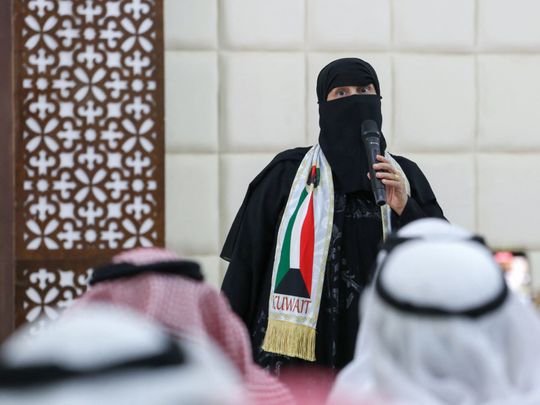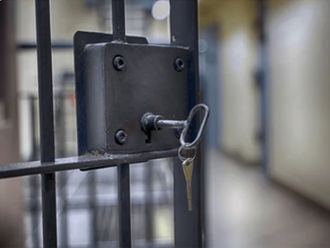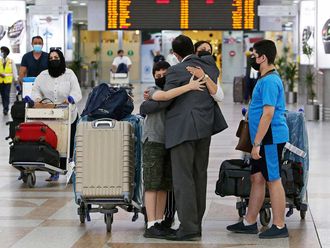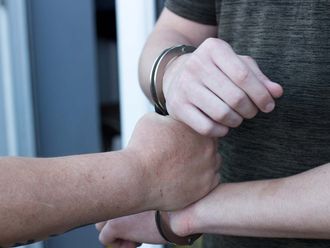
Cairo: Seven people have been arrested in Kuwait over alleged involvement in vote buying in Kuwait in the run-up to an early parliamentary election to be held later this week, the latest such arrests in the country, a Kuwaiti newspaper has reported.
Al Rai, citing security sources, said police had arrested the seven suspects, including a Kuwaiti man and six women, two of them are Gulf nationals, implicated in buying votes for a candidate standing for parliament in the third electoral district.
The group was arrested in a house after a close police watch, the report said.
Around KD3,960 was seized along with e-payment receipts and civil identification cards. Investigations revealed that the house is owned by a Kuwaiti man, who had rented it, the paper added.
The Interior Ministry, meanwhile, said police had caught a number of people in the act of unlawful vote buying inside a house.
Sums of money readied for handover were seized too, the ministry added without giving specific details.
“The Interior Ministry is following and monitoring vote buying methods whether the traditional ones or via electronic links and will not hesitate to firmly apply law,” it added in a statement.
Earlier this month, six people, including three women, were arrested in Kuwait for suspected vote buying ahead of the September 29 polls, Al Jarida newspaper said.
The suspects were accused of involvement in vote buying to the benefit of a parliamentary candidate in the first constituency, it added.
Last month, Kuwait formally dissolved parliament and installed a new government until the new election is held. In June, Kuwaiti Crown Prince Meshal Al Ahmad announced the parliament’s dissolution and called for an early election.
The new government headed by Sheikh Ahmad Nawaf Al Ahmad took office last month. The previous government resigned in April after more than half members of the 50-strong parliament backed a no-cooperation motion against it.












